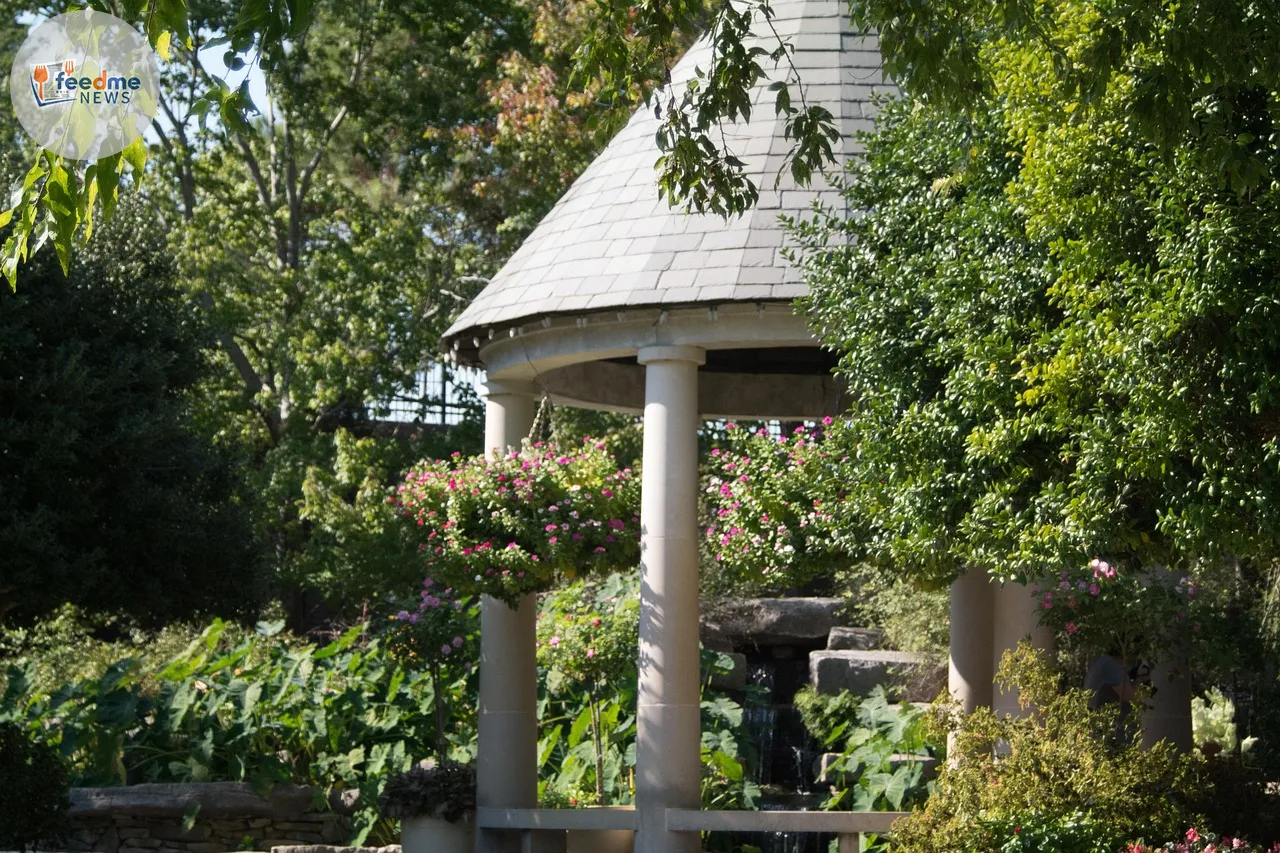As spring approaches, green-fingered enthusiasts are finding a novel way to cultivate their gardens without breaking the bank. Public libraries across the UK are offering free seed programs, allowing residents to “shop” for seeds just like borrowing a book. This initiative is not only fostering a sense of community but also encouraging sustainable gardening practices.
The innovative seed-sharing initiative has gained momentum in recent years, with libraries transforming into unexpected hubs for horticultural activity. Through these programs, libraries distribute seeds for various plants, from vegetables to flowers, entirely free of charge. This movement is part of a larger trend to promote environmental awareness and community engagement.

Libraries Embrace Seed-Sharing
The seed-sharing programs began gaining traction in the UK around 2020, with libraries in cities like London, Manchester, and Edinburgh leading the charge. The idea is simple: libraries receive donations of seeds from local gardeners, horticultural societies, or even commercial seed companies. These seeds are then catalogued and made available to the public.
Jane Thompson, a librarian at the Manchester Central Library, shares her enthusiasm for the program: “It’s wonderful to see people coming in not just for books but to start their gardening journey. We’ve had a fantastic response, with many returning to share their success stories and even donating seeds back.”
A Community-Driven Initiative
Seed libraries thrive on community involvement. Residents are encouraged to take seeds, grow plants, and ideally, return seeds from their harvest back to the library. This cycle creates a sustainable loop of giving and receiving, fostering a deeper connection between individuals and their local environment.
Dr. Emily Harris, an environmental scientist at the University of Edinburgh, highlights the broader impact: “These programs empower individuals to engage in sustainable practices. They’re not just growing plants; they’re nurturing a sense of responsibility towards biodiversity and ecological balance.”
Educational Opportunities and Workshops
Beyond simply distributing seeds, many libraries are hosting workshops and educational events to support novice gardeners. These workshops cover topics such as soil preparation, pest management, and composting, providing a comprehensive introduction to gardening.
Mark Peterson, a participant in a recent workshop at the Birmingham City Library, expressed his appreciation: “I’ve always wanted to start a garden but didn’t know where to begin. The library’s workshop gave me the confidence and knowledge I needed to get started.”
Promoting Biodiversity and Sustainability
Seed sharing is more than just an economical way to garden; it’s a step towards promoting biodiversity. By encouraging the cultivation of heirloom and native plant varieties, these programs help preserve plant diversity that might otherwise be lost to commercial agriculture.
According to a report by the Royal Horticultural Society, initiatives like these play a crucial role in maintaining genetic diversity, which is vital for resilient ecosystems. They also contribute to local food security by encouraging the growth of fresh produce in urban areas.
Challenges and Future Prospects
Despite the numerous benefits, seed libraries face challenges, including the need for proper seed storage and ensuring the viability of donated seeds. Libraries often rely on volunteers and partnerships with local gardening groups to maintain these programs.
Looking ahead, the potential for growth is significant. As interest in sustainable living and self-sufficiency continues to rise, seed libraries could expand their reach, collaborating with schools and community centres to educate a broader audience.
The seed-sharing movement in UK libraries is more than a trend; it’s a testament to the power of community and the shared goal of nurturing the earth. As more individuals discover the joys of gardening, these programs are planting the seeds for a greener future, one library at a time.





